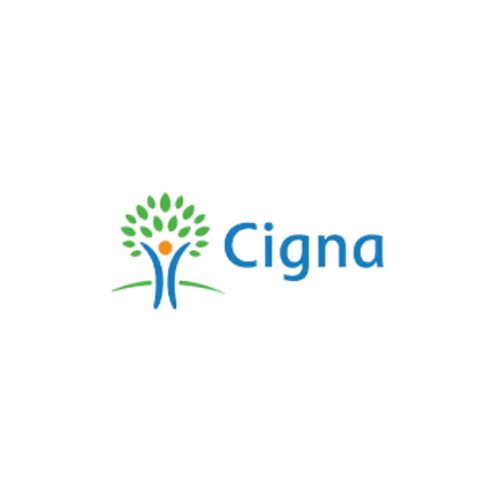Ketamine therapy is an innovative treatment for mental health conditions such as depression, anxiety, PTSD, and more. It involves administering ketamine, a medication known for its rapid onset of effects. It can be administered via IV, IM, oral, or intranasal. At our clinic, we offer ketamine via IV, IM, and intranasal (Spravato). The treatment helps individuals who haven’t responded to traditional therapies by offering relief from their symptoms. Ketamine works by affecting the brain’s neurotransmitters, helping to rewire neural pathways that are involved in mood regulation. It’s typically given in a controlled setting under professional supervision to ensure safety.
Yes, ketamine is safe when administered in a controlled, clinical setting by trained professionals. Before beginning treatment, patients undergo a thorough evaluation to ensure they are suitable candidates. Also, vital signs are taken right before treatment. Patients are closely monitored to minimize any potential risks or side effects. Dizziness, nausea, and/or dissociation can occur, however, resolves after the session. Our clinic ensures that safety is always a priority throughout the treatment process.
During your first ketamine session, you’ll be welcomed by our caring team, and we will review your medical history and treatment goals. A nurse or practitioner will administer the ketamine via intravenous or intramuscular injection, depending on the prescribed protocol. Throughout the session, you’ll be monitored to ensure your comfort and safety. The treatment typically takes 40-60 minutes, and many patients experience immediate relief from symptoms afterward.
Ketamine is primarily used for individuals who are experiencing treatment-resistant mental health conditions, such as depression, anxiety, PTSD, or OCD. If traditional therapies like medications or psychotherapy have not provided relief, ketamine may be an option. Candidates are carefully screened to ensure that the treatment is appropriate for their specific needs. Our team will conduct a comprehensive evaluation to determine if ketamine therapy is right for you.
The effects of ketamine can vary from person to person. Many patients begin to experience relief from symptoms within hours or days of their first session. The initial treatment course often consists of several sessions over a few weeks, with follow-up appointments as needed. The long-term effects can last for several weeks to months, but periodic maintenance sessions may be recommended to sustain improvements. The duration of benefits depends on the individual’s response to the treatment.
Spravato is an FDA-approved intranasal ketamine treatment designed for individuals with treatment-resistant depression. Unlike traditional oral medications, Spravato is delivered through the nose, offering a fast-acting alternative for patients who have not found relief from antidepressants. It works similarly to intravenous ketamine, affecting brain chemistry to improve mood regulation. Spravato is typically administered in our clinic under supervision, ensuring safety and efficacy during the treatment session.
Transcranial Magnetic Stimulation (TMS) is a non-invasive procedure that uses magnetic fields to stimulate nerve cells in the brain. TMS targets areas associated with mood regulation, such as the prefrontal cortex. It’s a safe and effective treatment for patients with depression, especially those who haven’t responded to medication. The procedure involves placing a magnetic coil on the patient’s scalp, which sends magnetic pulses to stimulate brain activity. TMS typically requires multiple sessions and has minimal side effects.
A typical TMS session lasts about 20-30 minutes. During the session, you’ll be seated comfortably while a magnetic coil is placed on your scalp. The procedure involves sending electromagnetic pulses to stimulate targeted areas of the brain. Most patients undergo TMS treatment daily for about 4-6 weeks. It’s non-invasive and doesn’t require sedation, allowing patients to resume normal activities immediately after each session.
TMS is generally well-tolerated, with few side effects. The most common side effects include mild scalp discomfort or headaches, which typically resolve shortly after the session. Some patients may also experience slight dizziness or tingling during the treatment. Serious side effects are rare, but they can occur, and our team is always available to address any concerns. TMS is a non-invasive procedure, making it a safer option for many patients.
The cost of TMS treatment can vary depending on your insurance coverage. While many insurance providers cover TMS, some may require a co-pay or pre-authorization. Our clinic offers a comprehensive consultation to discuss treatment costs and insurance coverage options. We aim to make TMS as accessible as possible for those who need it.
What Insurance do You Accept?







